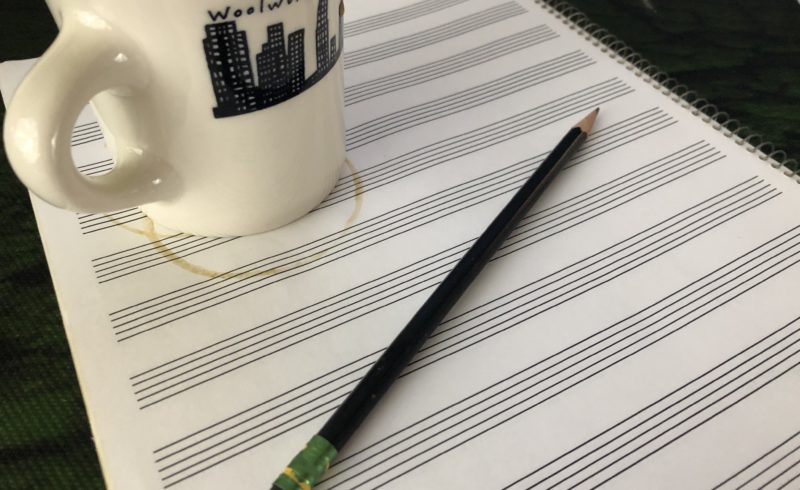
If you’ve heard the recording of Sinatra singing Coolio’s Gangsta’s Paradise, or perhaps the song that put everyone on notice that AI music had arrived, “Heart On My Sleeve,” which was a collab involving neither The Weeknd nor Drake, you know the music industry has a problem, deep fakes.
An article in today’s Financial Times says Google and Universal Music Group might be looking to solve for that problem by partnering to allow users to pay for a license to create more of these songs that sound like a famous artist, singing either a known and perhaps ironically chosen song, or I assume also, creating a derivative work carved in the style of a famous artist?
But what right do they think they’d be licensing that I need? Can’t I already do a cover of any song I want and pay a compulsory license?
I can’t plagiarize Blinding Lights, but can’t I already imitate Drake or the Weekend’s voices without a license? Voices aren’t protectable by copyright, and the main case in which right of publicity stood in the way was when an impersonation was associated with a product endorsement. It hasn’t stopped anyone from producing a record.
Universal Music’s general counsel last month told the US Senate, “An artist’s voice is often the most valuable part of their livelihood and public persona, and to steal it, no matter the means, is wrong,” and I agree wholeheartedly!
But is it illegal?
It’s a bit of a wild west scramble, but so far it doesn’t seem to be. So, when FT reports that Google and UMG’s goal is to make a tool that allows fans to create these kinds of tracks “legitimately,” and “pay the owners of the copyrights for it,” I’m inclined to ask, “What’s not currently legit and what copyrights are you talking about?”
Is there a copyright issue, or other clear problem like right of publicity for the voice? No, as much as I think there should be, and sympathize with Rick Astley, I don’t think there is, but ask your lawyer. I’m a musicologist.
What if you used a known work, by the artist you deep faked, or even some other artist’s song? Yeah, for that, you do need a license, but not necessarily one you negotiated with the artist or the rights holders. Y To do a cover, if that’s really what you’re doing, you just need a compulsory mechanical license and here’s how you handle that. But if you are creating a derivative work — perhaps you’re only using parts of the known work, a quote, an interpolation and you’re building a new song around that — yeah, you’ll need a license for that. And you would need to negotiate with the rights holders and get that in writing before you publish, else you’re probably an infringer. Nothing AI about any of that.
Suppose, no, you didn’t use a known work at all. Your work, which may or may not sound a bit like Blinding Lights is entirely generated by AI.
So then I might first ask, “Okay, but did you train your engine on Blinding Lights?” And you answer yes.
Okay, my follow up question would be, “Am I, a forensic musicologist, going to find that the output is substantially similar to Blinding Lights? And you answer, “No way!”
Then I might say, “Assuming you’re right about that, it wouldn’t be infringing. And as for the fact that you trained your AI on The Weeknd’s song, hey, I trained my natural intelligence, such as it is, on every prior work I’ve ever heard, but that doesn’t mean my songs infringe on any of them, and heck, occassionally I mimic particular aspects quite consciously, but not protectable ones. And as for the training part? That’s arguably fair use; or certainly it’s what I expect the AI companies to be arguing in litigation after litigation. We shall see how that goes. It occurs to me, that one stumbling block to fair use is the question of whether one product directly competes with another.
The FT article says music executives liken their new problem to the one created when Google’s own YouTube initially had users posting songs all over the place without licenses. That was the wild west, and THAT was indeed infringement, an actual problem.
This one might be more of a solution insisting on the problem it solves, and I’m not quite sure it’s real. Interesting times galore.